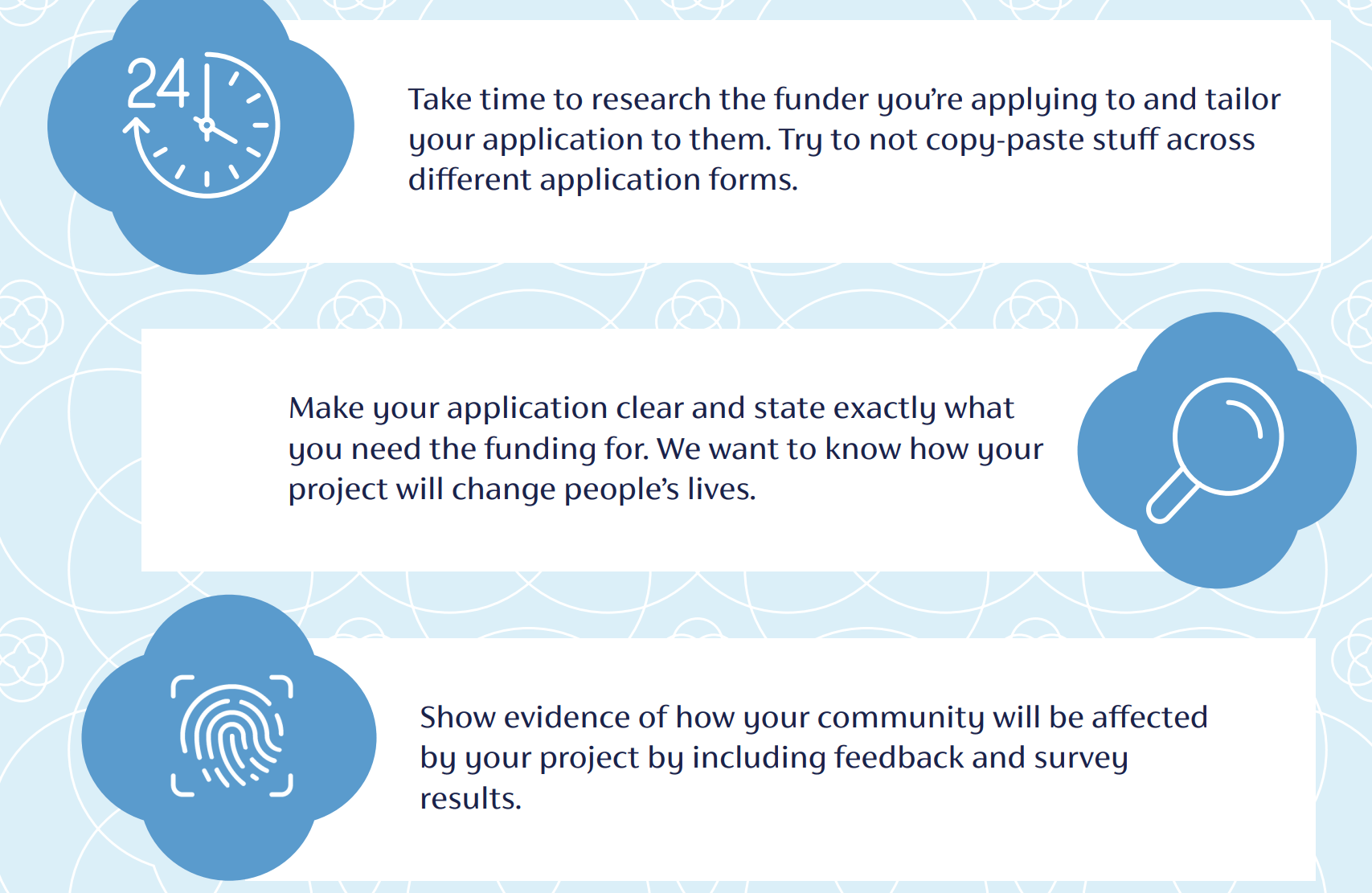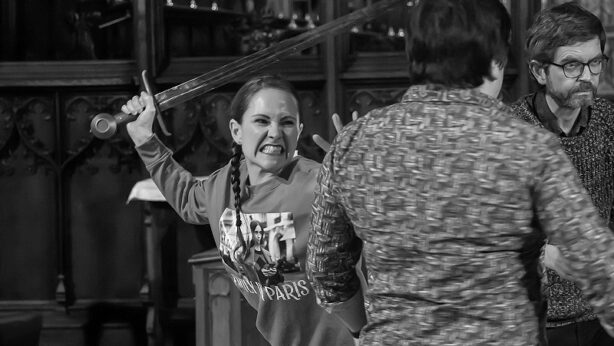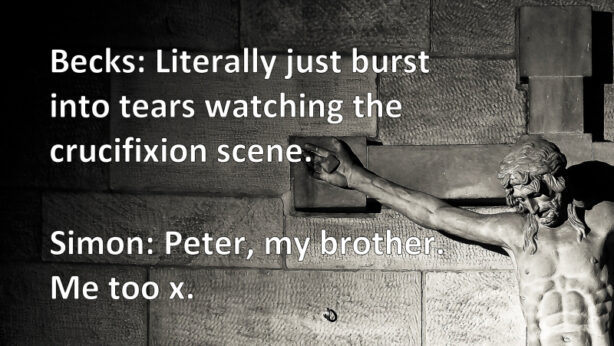Staging the Last Supper


Simon Carter, who played Jesus in the Nottingham Passion last Easter, says the Last Supper is when “the world turned upside down”.
It isn’t Jesus preparing himself for the ordeals which are coming (his own preparation for these will come in the garden of Gethsemane and in the subsequent trials at the hands of the Sanhedrin and Pontius Pilate), this is Jesus preparing his disciples for the ordeals which are coming.
The Last Supper is a masterclass in communication and leadership. It isn’t Jesus preparing himself for the ordeals which are coming (his own preparation for these will come in the garden of Gethsemane and in the subsequent trials at the hands of the Sanhedrin and Pontius Pilate), this is Jesus preparing his disciples for the ordeals which are coming.
The Last Supper is, put simply, the world turned upside down.
Everything you thought you knew about the potential in human beings for hope, for joy, for love, is eclipsed by this. The Last Supper demonstrates a new model, a new way, a new potential, for human relationships. What passes from Jesus’ lips to the ears of his closest friends over a simple meal is audacious, fearless, revolutionary. It is breathtakingly counter-cultural. And at the centre of the Last Supper? The most audacious, fearless, counter-cultural human being there has ever been.
Jesus. Teacher, leader, inspirational speaker, worker of wonders and miracles. Tenacious, outspoken opponent of religious dogma, corruption, and misuse of power.
Jesus. Defender and upholder of the poor, oppressed, and marginalised. Healer of the physically and mentally sick. A literal embodiment of God’s love.
Jesus, who saw both the conflict, and the great potential, in people. Jesus, who saw struggle, touched wounds, dried tears, showed love, washed feet.




